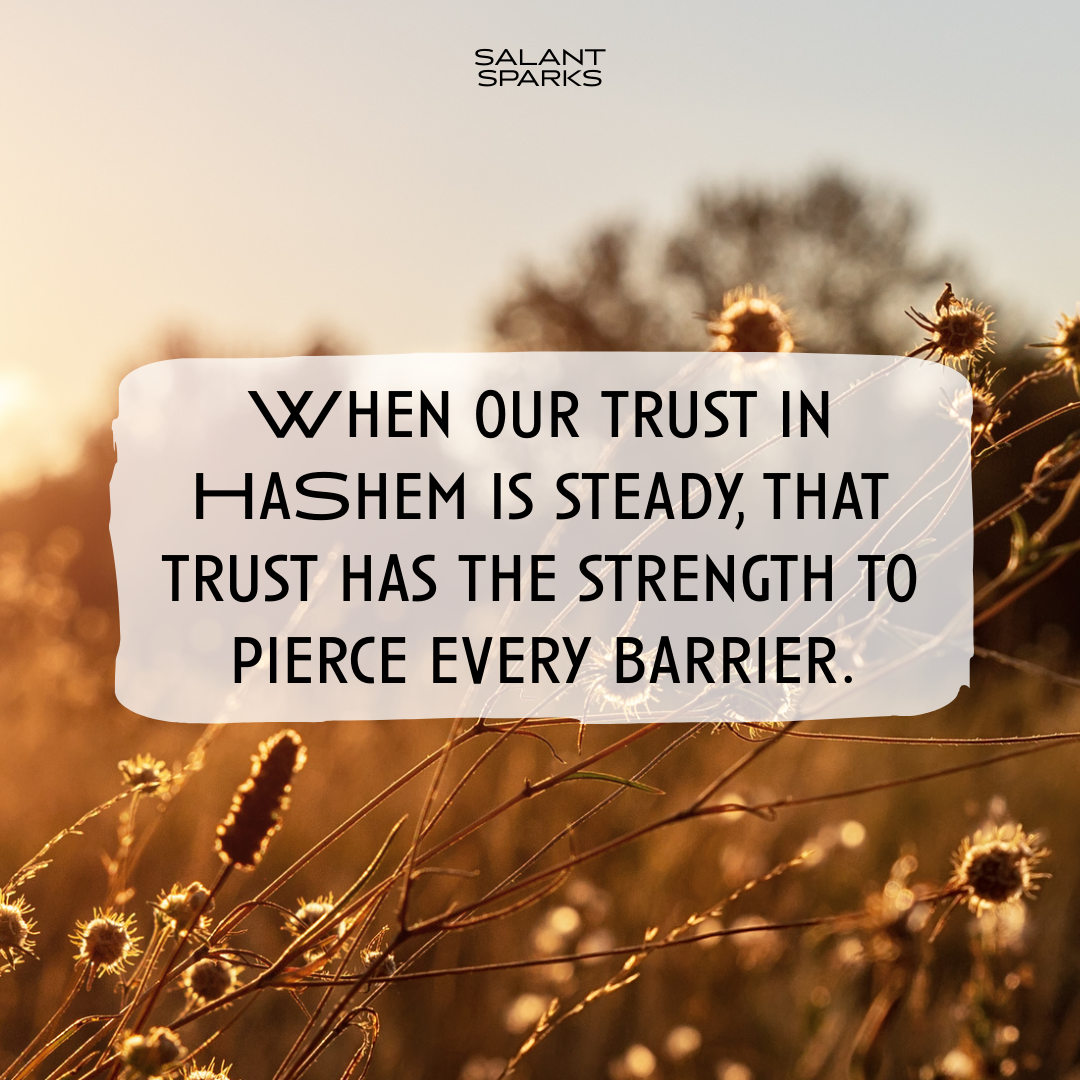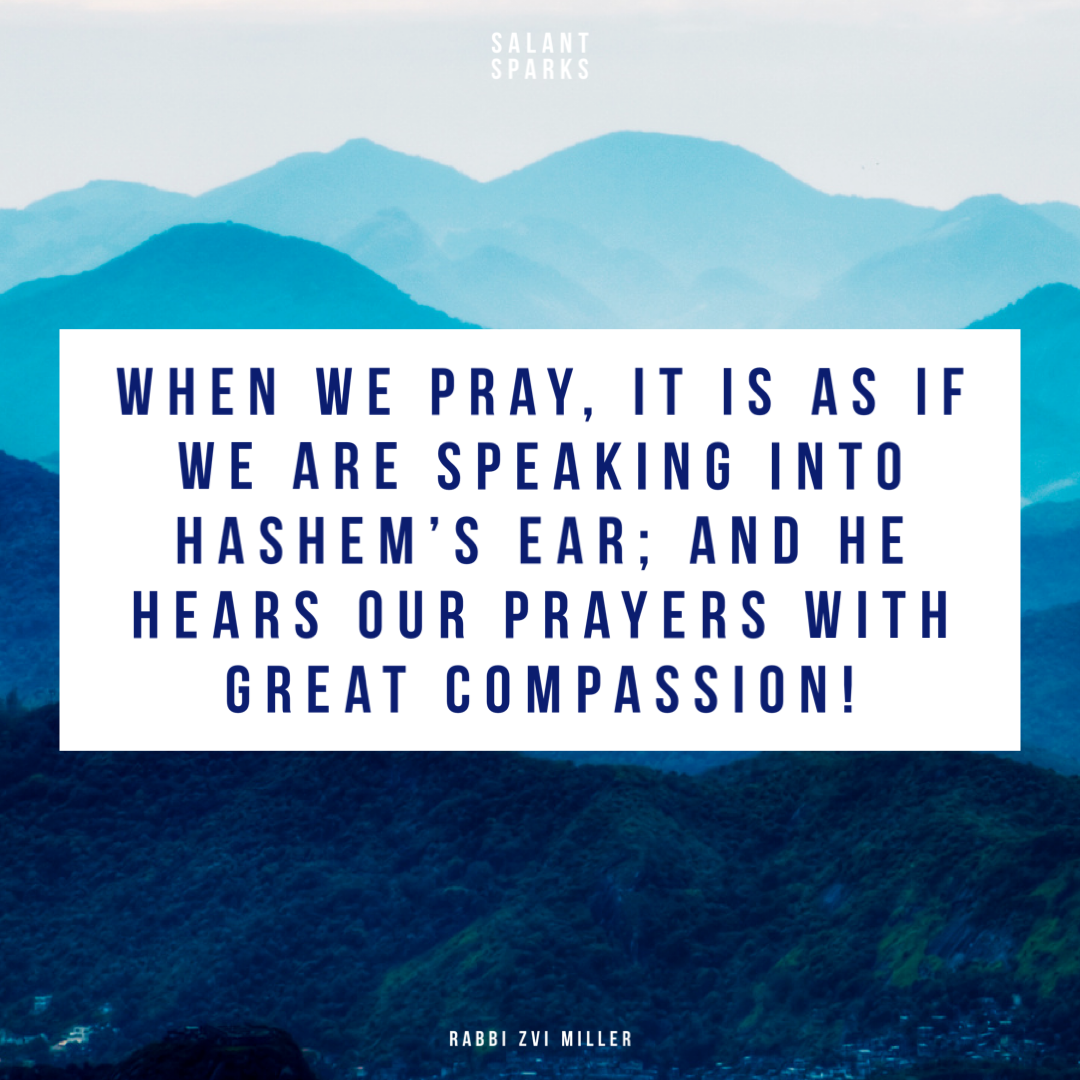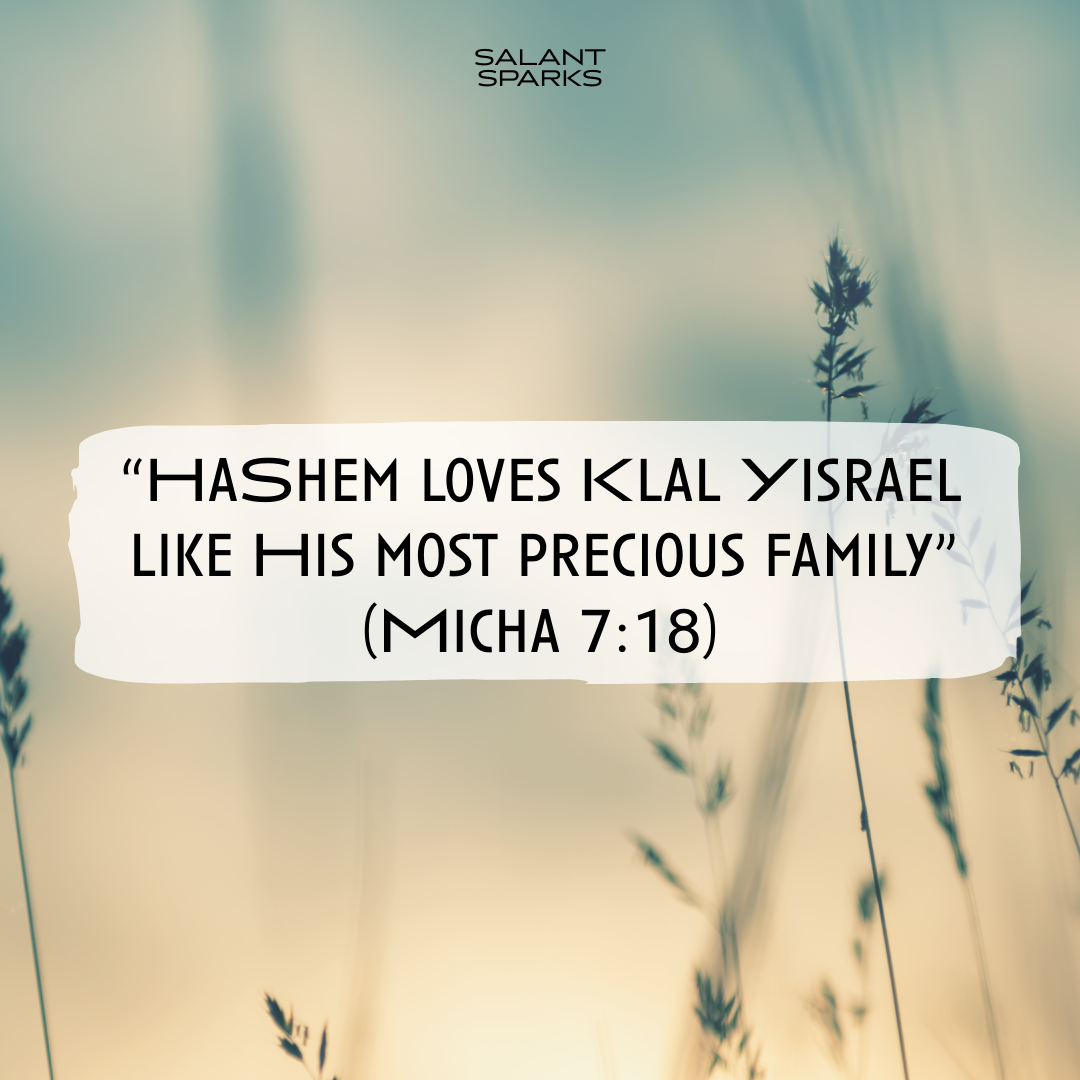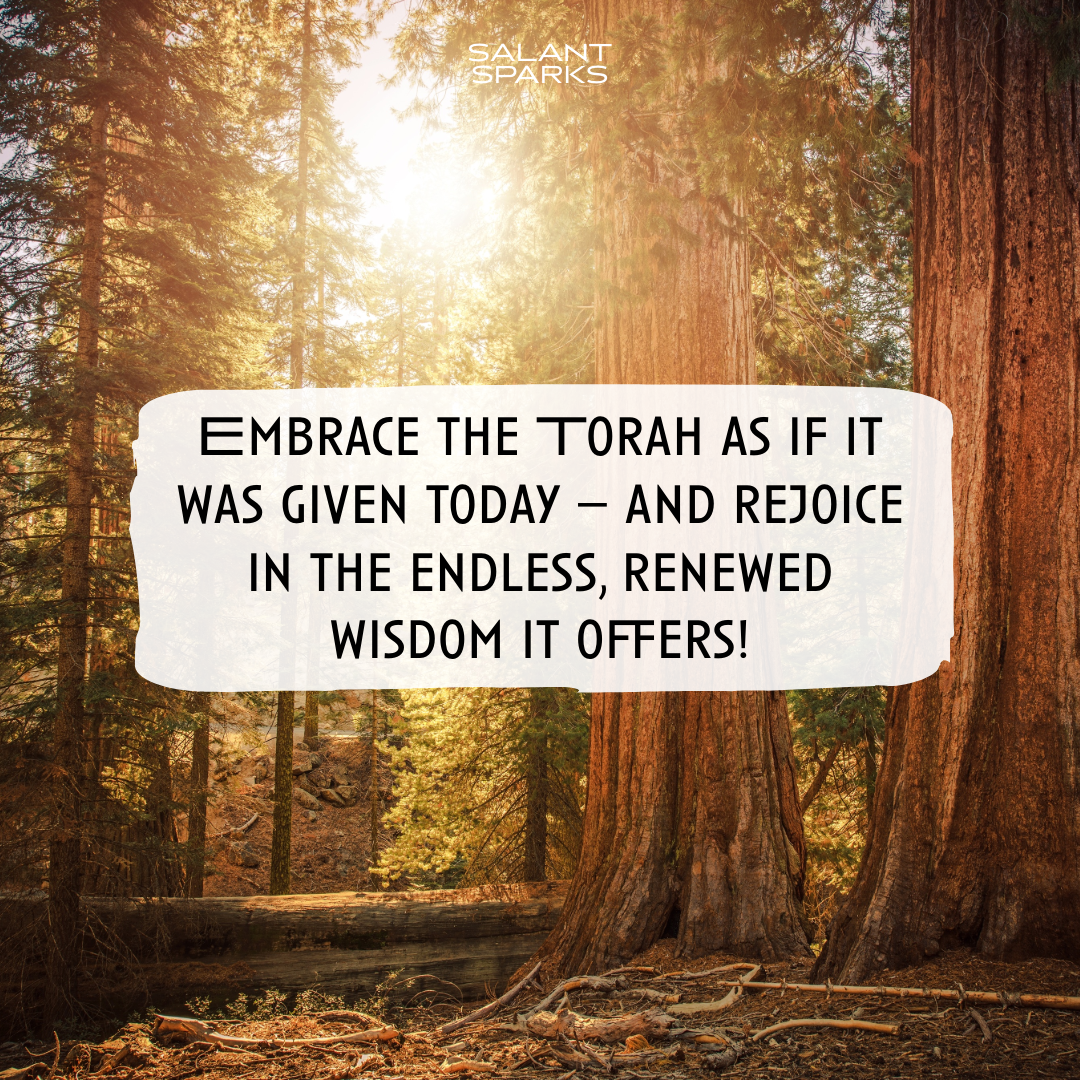| "Yisrael, trust in HaShem from now and forevermore." (Tehillim 131:3) "Trust in HaShem, strengthen yourself, and He will embolden you—and trust in HaShem." (Tehillim 27)
These verses uncover the secret of prayer and trust in HaShem. Many people mistakenly think that HaShem wants us to pray only once. If our prayer is answered, we rejoice. If not, we assume our request was rejected, and we give up.
However, the verses teach us something very different: we must pray to HaShem repeatedly. "Trust in HaShem"—pray to Him. "Strengthen yourself, and He will embolden you"—when you fortify your trust, HaShem responds by strengthening and uplifting you. "And trust in HaShem"—once your spirit is renewed, return to prayer once more. The cycle of trust and prayer never ends.
Even Moshe Rabbeinu did not pray once or twice. He poured out more than five hundred prayers to enter Eretz Yisrael, ascending to every corner of Heaven in his pleading. Only when HaShem Himself told him to stop did Moshe cease.
How do we bring this lesson into our own lives?
Take these verses on your lips: "Yisrael, trust in HaShem from now and forevermore. Trust in HaShem, strengthen yourself, and He will embolden you—and trust in HaShem." Let them enter your heart. Pray to HaShem. Strengthen your trust. Allow HaShem to encourage you. And then pray again.
Today: Never stop praying. Never stop trusting. Always believe, always hope, and always remain confident that HaShem will bring salvation. (Midrash Tehillim 40:1)
| 






